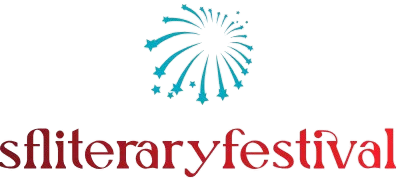The world of literary genres is incredibly diverse and encompasses a wide range of styles, forms, and themes. These genres provide structure and categorization for works of literature, enabling readers and scholars to identify and explore various types of writing. Let’s explore some of the major literary genres:
- Fiction: Fictional literature includes novels, short stories, novellas, and plays that are created from the author’s imagination. It presents imagined characters, events, and settings, often exploring the human condition, relationships, and societal issues.
- Poetry: Poetry is characterized by its use of language, rhythm, and imagery to evoke emotions and convey themes. It often follows different poetic forms and structures, such as sonnets, haikus, odes, or free verse. Poetry can encompass a wide range of topics and emotions.
- Drama: Drama consists of plays and scripts intended for performance on stage or screen. It typically involves dialogue and presents stories through the actions and interactions of characters. Drama explores human experiences and often addresses social, political, or moral themes.
- Non-fiction: Non-fiction involves writing that deals with real-world events, facts, and ideas. It includes genres such as memoir, biography, history, philosophy, essay, and journalism. Non-fiction writing aims to inform, educate, or persuade readers.
- Fantasy: Fantasy literature entails imaginative stories that transcend reality and often involve supernatural or magical elements, alternate worlds, and mythical creatures. These stories create unique and fantastical settings that allow readers to escape into realms of imagination.
- Science Fiction: Science fiction explores futuristic or speculative concepts, often involving advanced technology, space exploration, or alternative societies. It raises ethical, philosophical, or scientific questions while speculating on the consequences of scientific advancements.
- Mystery/Thriller: Mystery and thriller genres revolve around solving puzzles, uncovering secrets, or experiencing suspenseful narratives. These genres keep readers engaged by presenting conflicts, crime, investigations, or psychological suspense.
- Historical Fiction: Historical fiction uses historical settings or events as a backdrop for fictional narratives. It blends historical accuracy with imaginative storytelling, allowing readers to experience different time periods through engaging characters and plots.
- Romance: Romance novels focus on love, relationships, and emotional connections. They explore the complexities of human emotions, desire, and personal growth. Romance stories can span different settings, time periods, or subgenres.
- Horror: Horror literature aims to evoke fear and provoke strong emotions. It often employs supernatural or paranormal elements, presenting terrifying situations or creatures. Horror stories explore aspects of the dark side of human nature and our deepest fears.
These are just some of the major literary genres, and there are often overlaps and subgenres that further categorize works of literature. Each genre offers unique experiences, themes, and storytelling techniques, allowing readers to engage with a diverse range of imaginative and thought-provoking works.



